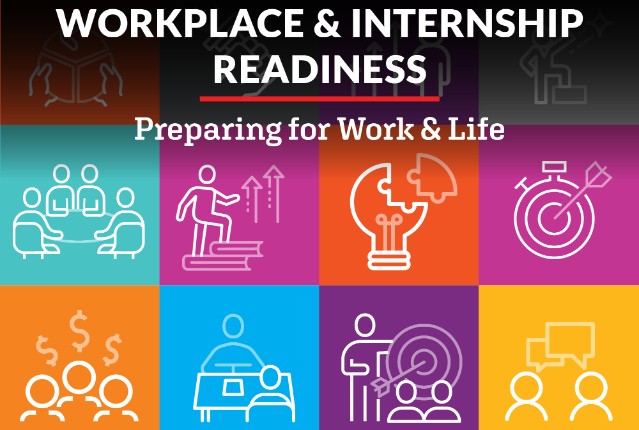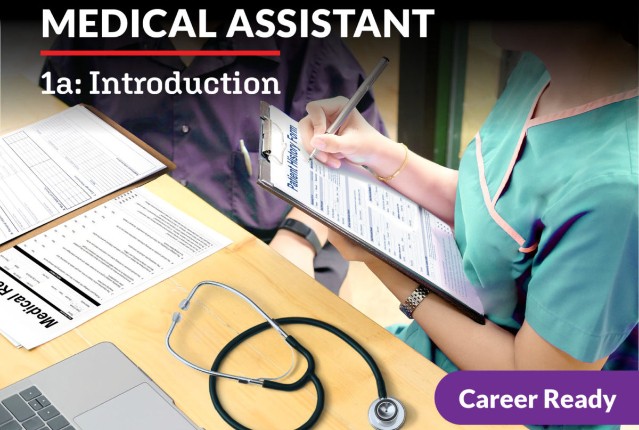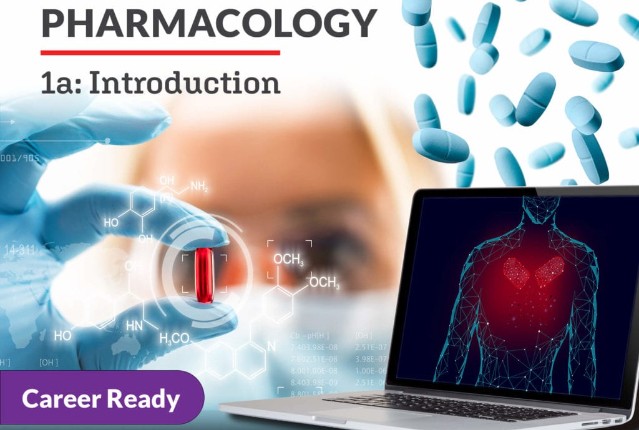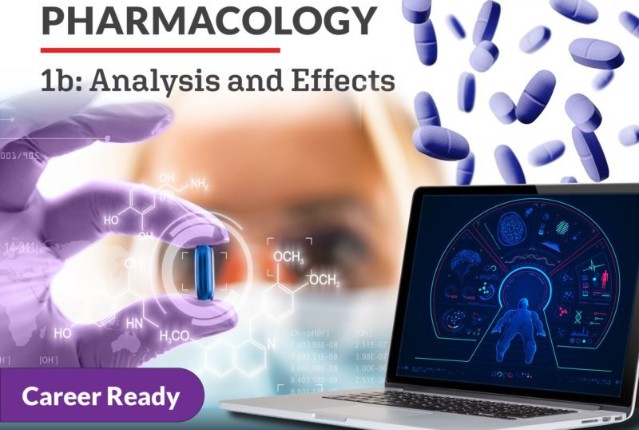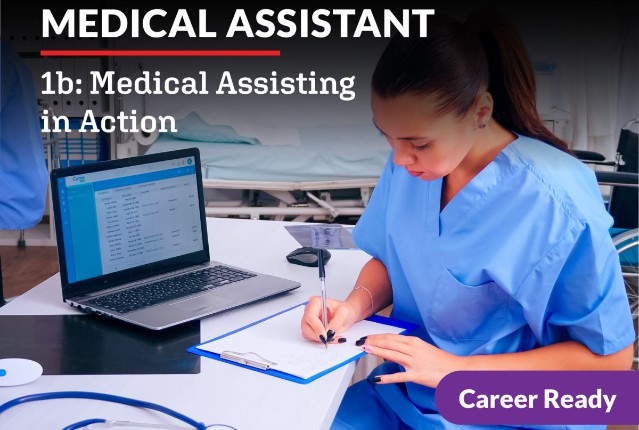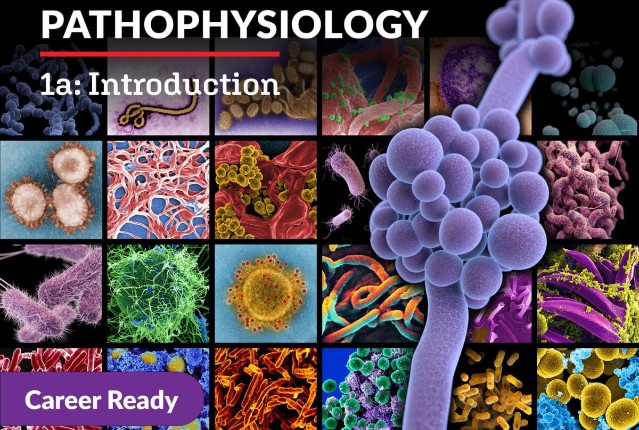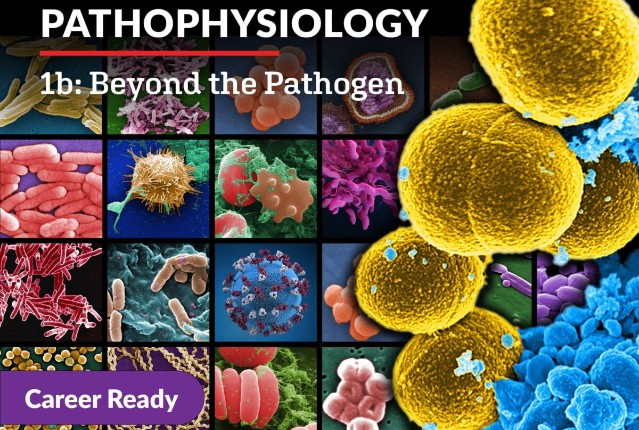
Pathophysiology 1b: Beyond the Pathogen
Now that you have a basic understanding of pathophysiology, it’s time to turn up the magnification on your microscope and get a good look at the most common body system disorders and diseases. In this course, you will examine the pathologies of common causes of mortality as well as other pervasive concerns tackling diagnosis, treatment, and prevention. You will investigate factors that contribute to disease like age, gender, heredity, and lifestyle, and then you’ll go global, looking at worldwide environmental concerns and world health challenges. Crank that magnification and let’s continue your exploration of this exciting science.
Review course outlineAccess for a year
USD 299.00*
* Choose more courses to get a discount
